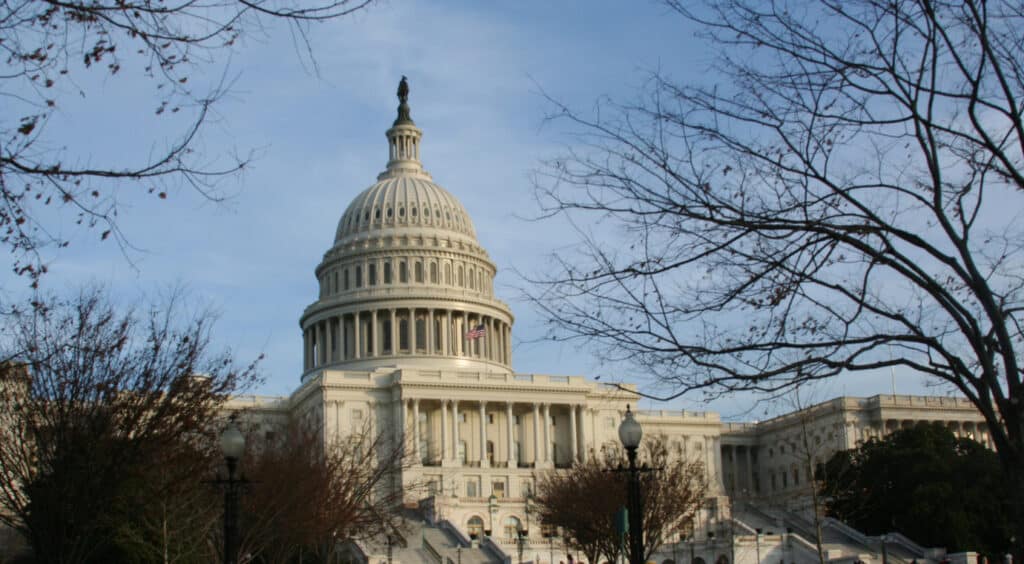On May 15, Senator Chuck Grassley (R-IA) introduced the AI Whistleblower Protection Act. The bipartisan bill provides anti-retaliation protections to AI insiders reporting safety concerns to regulators or supervisors.
Over the past year, advocates, including the National Whistleblower Center (NWC), have called on Congress to pass an AI whistleblower bill, noting that AI safety whistleblowers do not have industry-specific whistleblower protections afforded to other whistleblowers, such as nuclear safety or airline safety whistleblowers.
“Rushing to place unsafe technology into the markets in order to beat competition and generate profits at the expense of national security is unacceptable,” says whistleblower attorney Stephen M. Kohn, Chairman of the Board of NWC. “The risks posed by the improper use of artificial intelligence demand that Congress immediately act and pass this urgently needed law. It is beyond dispute that insiders like the brave whistleblowers who published the Right to Warn letter are the heart and soul of accountability.”
“Transparency brings accountability. Today, too many people working in AI feel they’re unable to speak up when they see something wrong. Whistleblowers are one of the best ways to ensure Congress keeps pace as the AI industry rapidly develops. We need to act to make these protections crystal clear. I’m proud to introduce this legislation to increase accountability and protect AI whistleblowers,” Senator Grassley said.
Under the AI Whistleblower Protection Act, AI companies will be prohibited from retaliating against (or threatening retaliation against) employees and former employees who report safety failures in the development, deployment, or use of AI technology.
AI whistleblowers who face retaliation would be able to file complaints with the Department of Labor and seek relief in federal court, including reinstatement, double back pay and compensatory damages. The bill also clarifies that these AI whistleblower rights cannot be waived in any employment agreement or mandatory arbitration.
Co-sponsors of the bill include Senators Chris Coons (D-Del.), Marsha Blackburn (R-Tenn.), Amy Klobuchar (D-Minn.), Josh Hawley (R-Mo.) and Brian Schatz (D-Hawai‘i).
“AI is rapidly evolving in ways that have the potential to radically reshape our society and transform our world for the better and for the worse,” Senator Coons stated. “I have long been concerned with how much more tech companies know about the risks and harms of their products compared with regulators, independent researchers, and the public. The AI Whistleblower Protection Act is a critical tool among others that Congress must enact to ensure that we can get the best out of AI while also learning when it poses a substantial danger to public safety.”
In 2024, thirteen AI whistleblowers issued a letter highlighting the immense safety risks posed by AI and underscoring the need for AI insiders to have the ability to safely report concerns.
That year, anonymous OpenAI whistleblowers also filed a complaint with the SEC alleging that the company was muzzling would-be-whistleblowers through the use of restrictive NDAs.
National Whistleblower Center has set up an Action Alert allowing supporters to write to Congress demanding the passage of the AI Whistleblower Protection Act.
Join NWC in Taking Action:
Call For the Passage of the AI Whistleblower Protection Act
